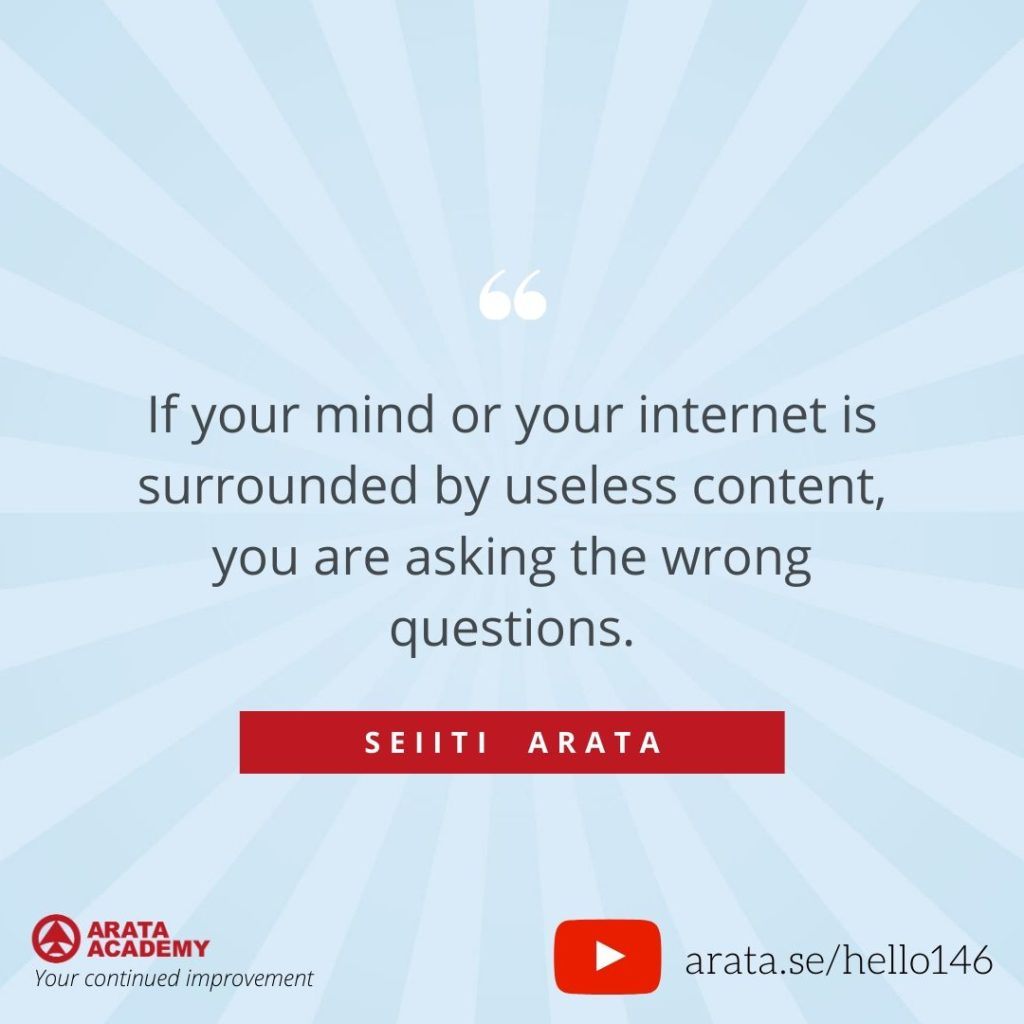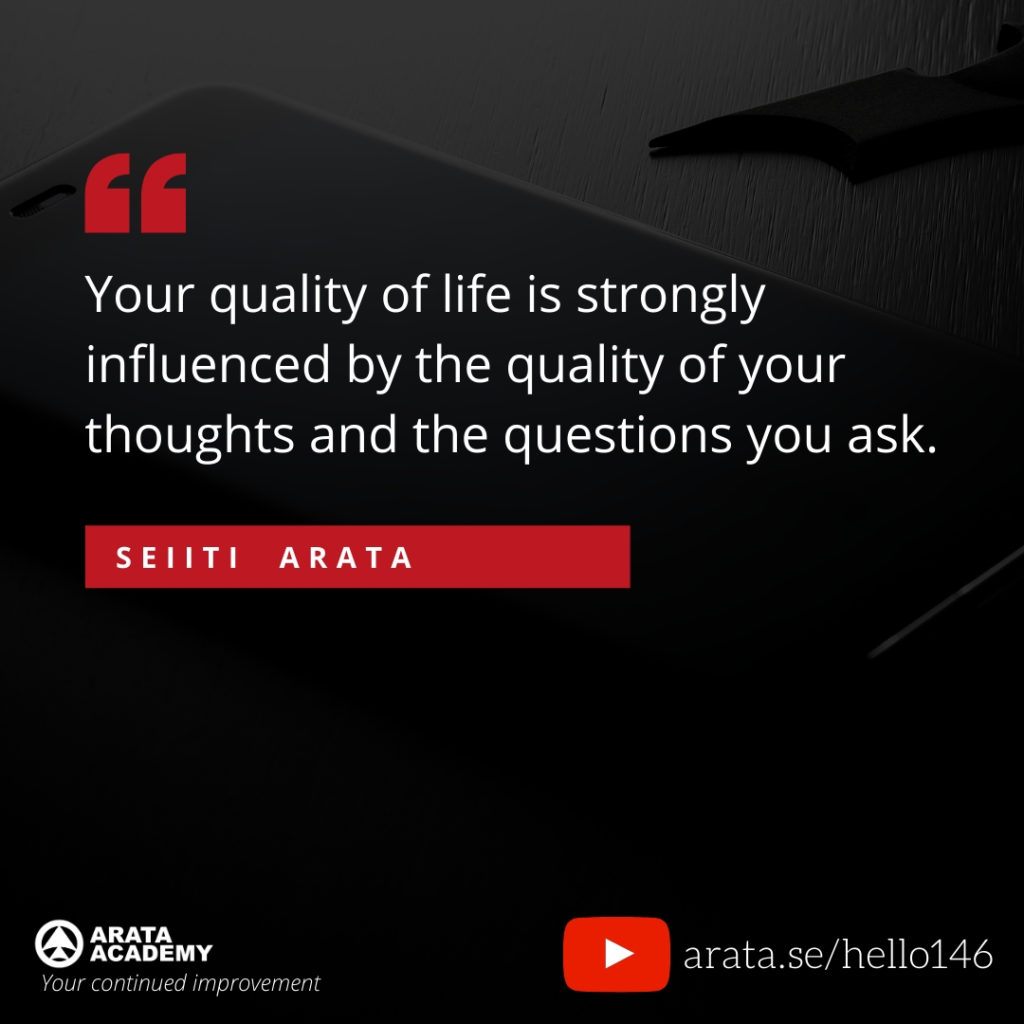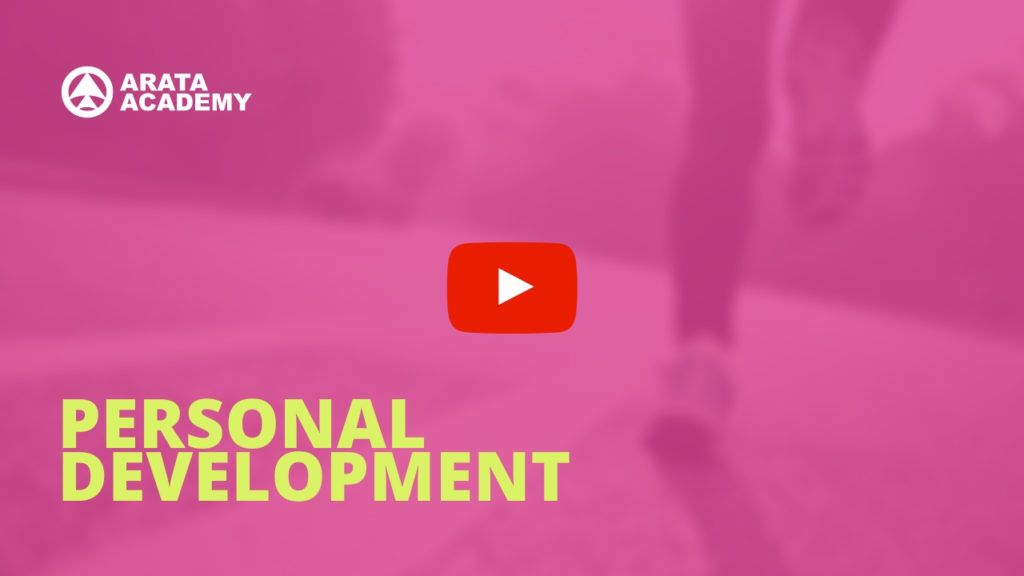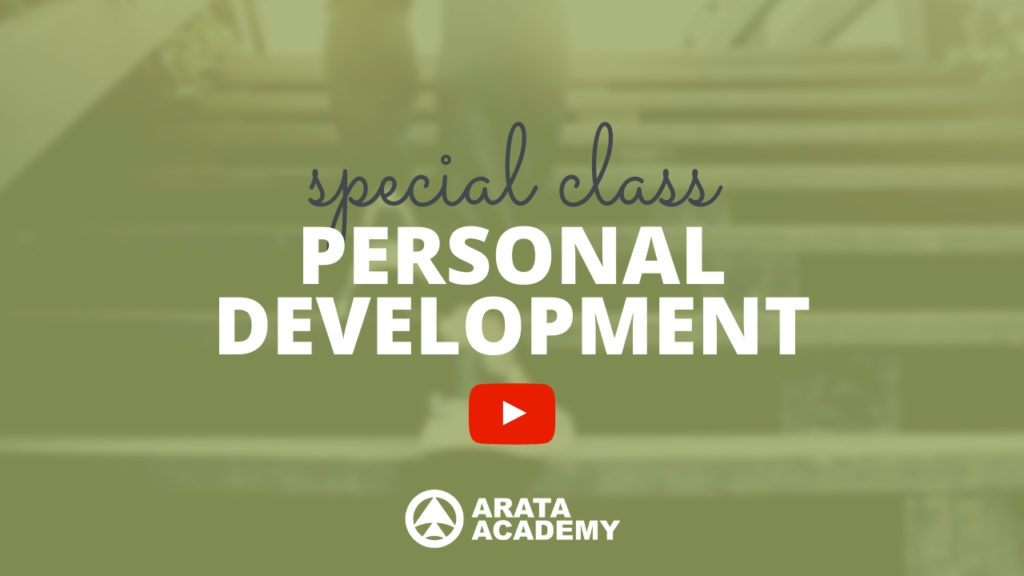Hello! Seiiti Arata. Is YouTube worthless? What if someone says YouTube just sucks and will make you waste time? Here’s a more provocative question: Is the useless content on YouTube your fault? Today we will bring a little psycholinguistics, which is a concept that I will explain to you in a moment and then you will understand why the useless content of YouTube is your fault.
And really, YouTube can be a huge waste of time … depending on your choices.
But it’s not YouTube’s fault, it’s just a tool. What makes all the difference is knowing how to research useful and high quality subjects. The tool will recommend videos that reflect our interests.
If you only see useless content, it’s your fault: you’re using the tool the wrong way.
YouTube can be a great learning tool. For example, instead of searching for useless content, I can search for something to help me improve on something. YouTube is full of content that can be helpful and bring a big increase in your quality of life.
We started our conversation today by talking about the quality of the videos that come up as a recommendation on YouTube, but that was just the starting point for understanding something more valuable: understanding the way our brains work.
If you don’t know how to use your brain, it’s your fault: your results depend on your choices.
The brain is a tool, just like YouTube. And if you use the tool the wrong way, you will get unwanted or inefficient results.
The quality of the thoughts you have will determine the quality of the conclusions and actions you will implement. Because of this, it is very valuable to ask yourself if you are thinking the right way.
Do you talk to yourself the ideal way? Can you hear your voice in your mind at times when you are reflecting alone? Do you keep evaluating yourself? Do you judge yourself?
Want to hear your internal dialogue now?
During this time when I was silent saying nothing you definitely heard your inner voice. Even though you thought “I’m not thinking about anything,” that was the thought of your head, your inner voice.

During these moments of internal conversation, do you call yourself by your name? Recent scientific research says this may be an important change you can make to a better life.
You need to use a little illeism [ILLEISM], which is basically using your own name when speaking of yourself to be more present and aware of your internal conversation. I’ll explain this tip to you in more detail.
Your quality of life is influenced by the quality of your thoughts and questions.
The questions you ask yourself determine the conclusions you will reach. And these conclusions determine your action, or your lack of action.
It is very worthwhile to understand more about psycholinguistics that I mentioned briefly at the beginning of our chat. Psycholinguistics is the study of the relationship between psychological factors and linguistic aspects. The way you talk to yourself greatly influences the way you act.
Good use of the internal monologue has positive effects. And this is mainly studied in the sports world, where high performance is essential and small gains can separate a gold from a silver medal.
If you keep cursing yourself, using a negative, self-pessimistic negative dialogue, or if you ask yourself the wrong questions, you are limiting yourself.
Ideally, you should use supportive language so that you can achieve your big goals. This is one of the cornerstones of the work we do in Arata Academy trainings. You need to improve the quality of your thoughts in order to improve the quality of your actions and results.
The person subject to failure often wonders, “What did I do to deserve this situation?”
The successful person often asks, “What actions should I take to improve my situation?”
I’ll give you an example. Imagine a single boy, shy and not very confident. When he tries to talk to some girl he finds attractive, he is unsure what to say, stutters and then becomes thoughtful and wondering why he always gets nervous when trying to talk to someone.
This kind of thinking can start a negative spiral in which he can even begin to curse. “I really am a failure, there’s no way I will improve, I should have stayed home…”
Develop the habit of asking better questions.
A better way to use the internal monologue is to start asking better questions. How can I improve the way I talk to people? How do I increase my confidence? What subjects can I use to start an interesting conversation? What can I do differently next time? Who are the people who can teach me something useful to help me?
Do you understand now why it can be said that useless content on YouTube is your fault? You can tell this to the person who complains that YouTube only has junk content, because that person who complains is probably using the wrong words in YouTube search.
The person who knows how to use good search words will find valuable content. This also goes for your internal monologue. If you use the right words, you will find valuable content inside your head. Your life will be completely different depending on the type of questions you ask.
Talk to yourself in the second or third person.
Usually our internal monologue is made in the first person. Common examples are “today I need to leave early because I have a meeting” or “I think I could have done that job more carefully and in less haste.”

Very few individuals use the second person. In my case it would be unusual for me to say “Seiiti, you have to make a video about Psycholinguistics” or “Seiiti, you are going to prepare dinner soon”
Even fewer people use the third person for this internal conversation. Imagine me talking to myself like this: “Now Seiiti will share a tip from a scientific research on Psycholinguistics”, or “Today Seiiti will open applications for the course.”
According to recent studies, when I speak using my name in the third person, there is an interesting and useful phenomenon of disengagement.
When I speak in the third person, it is as if there is really another person by my side motivating me and helping me give the right orders so that I can reach the right conclusions and perform the best actions.
My performance is superior when I do this internal dialogue. That is why when we are really focused, it is common for us to give a description of our actions.
For example, if I’m cooking a different dish that requires more careful preparation, it’s common to think, “Well, first I’ll heat the oven and start chopping the onion. Now that I’ve just chopped the onion, I’ll dice the meat. Is the oven already good? Ah, I still have to wait a little longer, so in the meantime I’ll check what are the next ingredients … “
This type of internal monologue helps to have a good awareness of the actions I am performing and my result will be superior. But the internal monologue is something everyone already does.
Today’s special tip is that you use illeism, which is referring to yourself in the third person to set up your internal dialogue. This works particularly well in high performance situations, so you are aware of the actions you should take and how you should perform the actions.

When you need high performance, talking to yourself in first person use will bring you weaker results.
Perhaps that’s why, in the world of high performance, there are two well-known names that are associated with illeism: Pelé and Maradona, two of the greatest soccer players of all time. By the way, write in the comments who you think is the best player ever.
Be clear about what your internal monologue looks like.
The first thing you need to do is gain greater clarity about how you talk to yourself. There are two good techniques for this.
First Technique: When you realize that you are thinking alone, you can write down your thoughts, trying to be as faithful as possible about the structure and shape of your thoughts.
Second Technique: You can simply use your phone’s voice recorder and repeat aloud what thoughts you had, what exactly your internal monologue was.
If you want to go further, you can even create a spreadsheet or table and tell each day how many thoughts you had in the first person, or in the second or third person. And so you can track your improvements.
No life hack overcomes lack of skill.
I thought several times before using the term life hack, as unfortunately it has been abused with false exaggerated promises. The hard reality is this: No life hack will overcome the lack of skill.
In a situation that requires high performance, the most important of all is doing the proper training to acquire all the skills needed to perform. For example, if I am participating in a running competition, the most important thing is that I train my muscles, my mind and my running technique. The basis of my results is precisely this training that will represent my ability.
Just in case a situation where I have really trained my skill to the maximum and I am competing against other runners of similar skill level, then yes, the life hack can help a little.
Instead of having thoughts like “I need to take a deep breath and step at the right angle for more stability”, it will be more useful for me to think “Seiiti needs to take a deep breath. Now Seiiti needs to step at the right angle for more stability. “
This is a kind of incremental improvement that will not work miracles, but it can help increase focus and results in a high performance situation as long as the foundation skills are there.

The quality of the answers we get depends a lot on the quality of the questions we ask. And the quality of the questions we ask is closely linked to the way we talk to ourselves. This is psycholinguistics.
By comparison, when you search for low quality words on YouTube or any other search engine, you can only get low quality content. The same goes for your internal monologue.
So be kinder to yourself. Talk in ways that improve your results, not put yourself down. A good way to do this and get more presence is to talk to yourself in the second or third person.
But remember that not just a life hack or any other trick can bring about a major transformation in your life.
The real transformation happens when you work at your essential skills. That means understanding what you want to improve on, knowing the level of sacrifice and dedication, and focusing on what will bring you the biggest results and apply it consistently. This is personal development. Because of this I invite you to free your access to a presentation class of our Personal Development training by visiting https://arata.se/personaldevelopment

